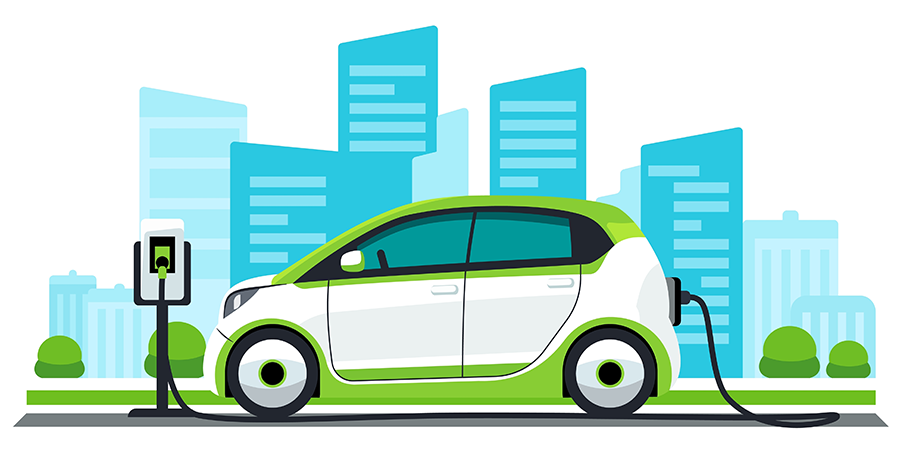
The UK government is introducing significant changes to Vehicle Excise Duty (VED), which will impact electric vehicles (EVs), hybrids, and commercial vehicles. If you own or are considering purchasing an EV, it's essential to understand these updates and how they might affect you.
Understanding Vehicle Excise Duty (VED)
VED, also known as road tax or car tax, is determined by multiple factors, such as the type of vehicle owned, when it was first registered, or its environmental performance. Vehicles registered after 1 April 2017 are subject to the most recent tax rules, while older vehicles follow a legacy system. The upcoming changes specifically impact EVs and alternative fuel vehicles (AFVs), removing previous tax exemptions and discounts.
VED changes for electric vehicles
Starting 1 April 2025, EVs will no longer be exempt from VED. The key changes include:
- First-Year Tax: New EV owners will pay a first-year tax rate of £10.
- Standard rate (from the second year onwards):
- EVs registered on or after 1 April 2017 will pay a flat rate of £195 per year.
- EVs registered before 1 April 2017 will pay a reduced rate of £20 per year.
- Expensive Car Supplement (ECS) / Luxury Car Tax: EVs registered on or after 1 April 2025 with a list price over £40,000 will incur an additional £425 per year from the second to sixth year of registration.
These changes mean EVs will now be taxed similarly to petrol and diesel vehicles, removing their previous financial advantage in terms of road tax.
Hybrid and Alternatively Fuelled Vehicles (AFVs)
Hybrid and AFVs previously benefited from a £10 annual discount on VED. This discount is being removed, and the rate you pay will now depend on when your vehicle was registered:
- AFVs registered on or after 1 April 2017, the standard rate of £195 will apply.
- AFVs registered before 1 April 2017, the tax rate will depend on the vehicle's CO2 emissions.
Changes for commercial vehicles
- The current flat rate for commercial vehicles will increase from £335 to £345.
- Electric vans, previously exempt, will now pay the same rate of £345 per year.
Impact on individuals and businesses
For individuals and businesses, these changes will bring additional costs and require strategic adjustments:
- Rising operating costs: All EV owners will now need to budget for annual road tax, which was previously £0.
- EV considerations: While EVs remain more cost-efficient than petrol or diesel alternatives, the new VED rates reduce some of their financial benefits.
- Strategic adjustments: It may be important to reassess vehicle choices, considering tax-efficient upgrades or transitioning to low-emission vehicles.
- Depreciation concerns: Higher annual tax burdens on high-emission vehicles could lead to faster depreciation, impacting resale values.
To mitigate these impacts, businesses should
- Budget for higher VED expenses: Factor the increased road tax into financial planning.
- Prioritise vehicle efficiency: When purchasing new vehicles, opt for low-emission models to minimise long-term costs.
Why is the government introducing these changes?
The UK government aims to ensure the tax system remains fair and sustainable as more people transition to EVs. The revenue from VED helps maintain and manage the road network, and with EV adoption growing, the government seeks to balance contributions across all vehicle types.
Conclusion
While these changes introduce additional costs, EVs will still benefit from lower overall running costs compared to standard petrol & diesel vehicles. Businesses and individuals should prepare for these changes by evaluating what vehicles are ideal for them.
Helpful links and sources:
HMRC guide
Policy paper on VED